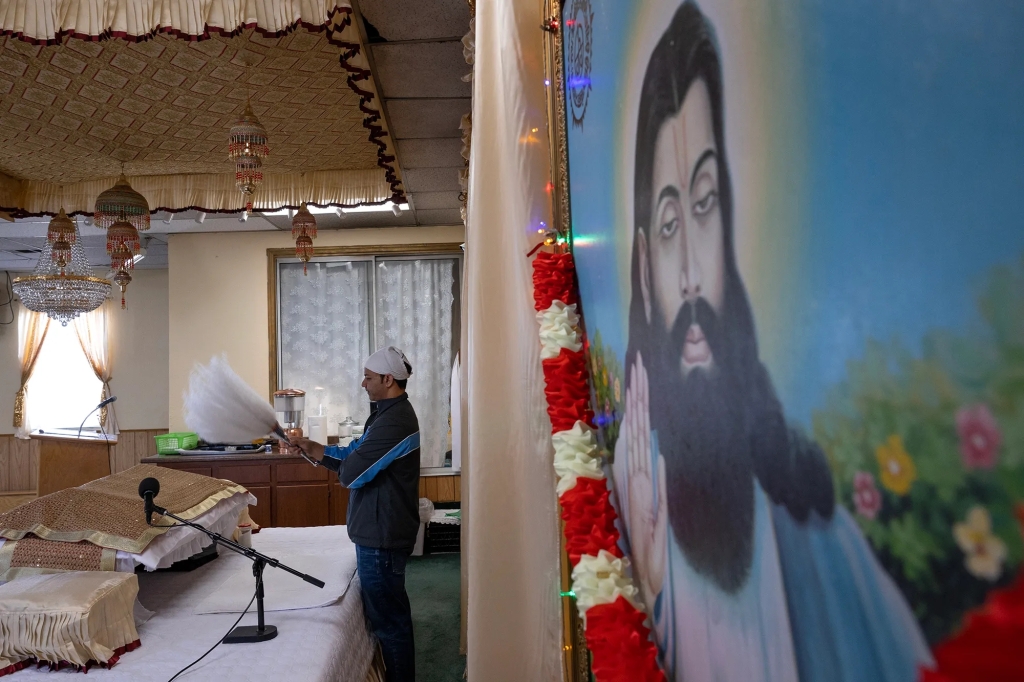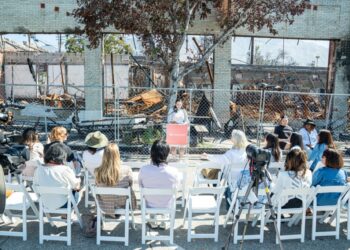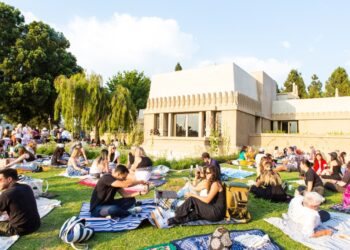Like many recent arrivals to California, Prem Pariyar searched for work and a home within communities of fellow immigrants.
So when coworkers at a South Asian restaurant in Davis refused to room with him in an apartment his employer provided, he was shocked by their reason: his caste. Not his race, religion or nationality, but the centuries-old social hierarchies still prevalent in some South Asian societies.
Pariyar is Dalit, which means “broken” in Sanskrit and is considered the lowest-ranking caste, formerly known as “untouchables.” In Nepal, he said, his family faced violence and harassment. He thought he had escaped that here.
“I was speechless,” he said of his coworkers’ actions, which left him depressed, traumatized and living in a van for a month in 2015 until he quit the restaurant. “Why did these people practice these kinds of things here in the U.S.?”
Today Pariyar, who won asylum and became a U.S. citizen, is one of California’s most vocal activists for a ban on caste discrimination. After successfully pushing for California State University to adopt a ban in 2022, Pariyar, a social worker in the East Bay, is focused on getting protections for so-called lower-caste people into the state’s fair housing and employment laws.
Legislation to do that is contentious. In April, it drew one of the largest public hearing turnouts for any bill before California’s Legislature this session. It would be the first statewide measure of its kind in the nation, although Seattle passed a similar ordinance in February.
While many Californians may never know anyone who experiences caste discrimination, or even what it is, for some, it’s both hidden and inescapable.
For many worshipers at Shri Guru Ravidass Temple on the outskirts of Sacramento, the issue is about…
Read the full article here







